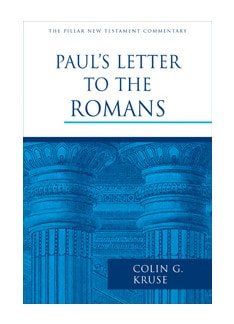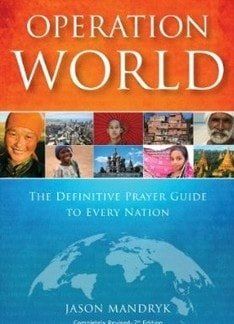Blessed assurance
Guest Column
There is no more relevant subject than that of salvation. Am I an heir of eternal life or am I a lost sinner on my way to an eternity of torment in hell?
That the Scriptures promise eternal life to repentant sinners is clear. ‘Whoever believes in the Son has eternal life, but whoever rejects the Son will not see life, for God’s wrath remains on him’ (John 3:36). But how can I be sure of eternal life?
The Bible consistently teaches that believers should be sure. ‘But these are written that you may believe that Jesus is the Christ, the Son of God, and that by believing you may have life in his name’ (John 20:21); and ‘the Spirit himself testifies with our spirit that we are God’s children. Now if we are children, then we are heirs – heirs of God and co-heirs with Christ, if indeed we share in his sufferings in order that we may also share in his glory’ (Romans 8:16-17).
Imputed righteousness
The basis of Christian assurance is the imputed righteousness of Christ. His righteousness consists of his completed work in active and passive obedience on our behalf.
The ground of our faith is his perfect work put to our account. It is never by faith in our good works. It is not in any religious rites that have been performed by us or for us; the Scripture says, ‘no one will be declared righteous in his sight by observing the law’ (Romans 3:20).
The Holy Spirit indwells believers and assures them of their status as children of God (Galatians 4:4-6; 1 John 3:1). This is called direct assurance. The first letter of John is especially designed to help those who struggle with a lack of direct assurance.
John makes it clear that his purpose of writing is that they may know that they have eternal life (1 John 5:13). That the Holy Spirit is at work in the believer is seen by essential evidences. The first evidence is that we believe that Jesus is the Son of God (1 John 5:3); the second that we love the moral law of God (1 John 2:3-6); the third that we love the family of God (1 John 4:7).
The language of Scripture is the language of assurance. Note for instance, ‘Therefore, since we have been justified through faith, we have peace with God through our Lord Jesus Christ, through whom we have gained access by faith into this grace in which we now stand. And we rejoice in the hope of the glory of God’ (Romans 5:1-2).
Asaph is typical in such language: ‘You guide me with your counsel, and afterward you will take me into glory’ (Psalm 73:24). Note also the well-known Psalm 23: ‘Surely goodness and love will follow me all the days of my life, and I will dwell in the house of the Lord for ever’.
There are other striking passages that emphasise this reality, such as 1 Peter 1:3-5: ‘Praise be to the God and Father of our Lord Jesus Christ! In his great mercy he has given us new birth into a living hope through the resurrection of Jesus Christ from the dead, and into an inheritance that can never perish, spoil or fade – kept in heaven for you, who through faith are shielded by God’s power until the coming of the salvation that is ready to be revealed in the last time’.
Heaven on earth
Every kind of emotional upheaval, adversity, fear, disappointment, shock, bereavement, bewilderment, terrifying danger, persecution and depression is described in the Bible but God’s people doubting their salvation is not portrayed as the norm.
Even Job, who suffered in the extreme and complained that he was destitute of God’s presence and deprived of his comfort (Job 23:8-10), eventually affirms his assurance of personal salvation (Job 19:25-27).
The Roman Catholic Council of Trent teaches that the believer’s assurance of the pardon of his sins is a vain and ungodly confidence. Let readers judge for themselves if Catholic dogma squares with the teaching of Scripture.
The English puritan Thomas Brooks wrote a book on assurance aptly titled Heaven on earth (Banner of Truth). Brooks describes ten blessings springing from a biblically based assurance.
This assurance: produces heaven on earth; sweetens life’s changes; keeps the heart from desiring the world; assists communion with God; preserves from backsliding; produces holy boldness; prepares a man for death; makes mercies taste like mercies; gives vigour in Christian service; and leads to the soul’s enjoyment of Christ.
Erroll Hulse
The author is associate pastor at Leeds Reformed Baptist Church, UK. He is editor of Reformation Todayand helps spearhead pastors’ conferences for southern Africa. His best-known book is Who are the puritans? And what do they teach? (EP).















